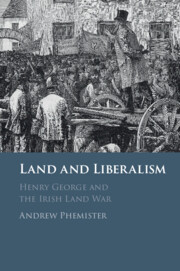Between 1931 and 1947, the American industrialist Henry Ford financed a British agricultural experiment at the Fordson Estate in the Essex countryside. This article analyses the Fordson experiment as it developed from a limited attempt to test the merits of American farming methods into a wider model for remaking British industry and society. Focusing closely on Sir Percival Perry, a Conservative Party activist and Ford's partner in the venture, it explores the extent to which the experiment sought to harmonize modern technology with traditional patterns of life. In doing so, the article places the history of the Fordson Estate within the paradigm of interwar conservative modernity. By tracing Perry's participation within a network of industrial paternalist organizations and delineating his connection to the interwar conservative movement, the article demonstrates that conservative modernity stood largely outside formal party politics but was central to the praxis of interwar conservatism. It highlights an experimental, radical, and utopian form of conservative politics that aimed to foster conservative rural citizens.


